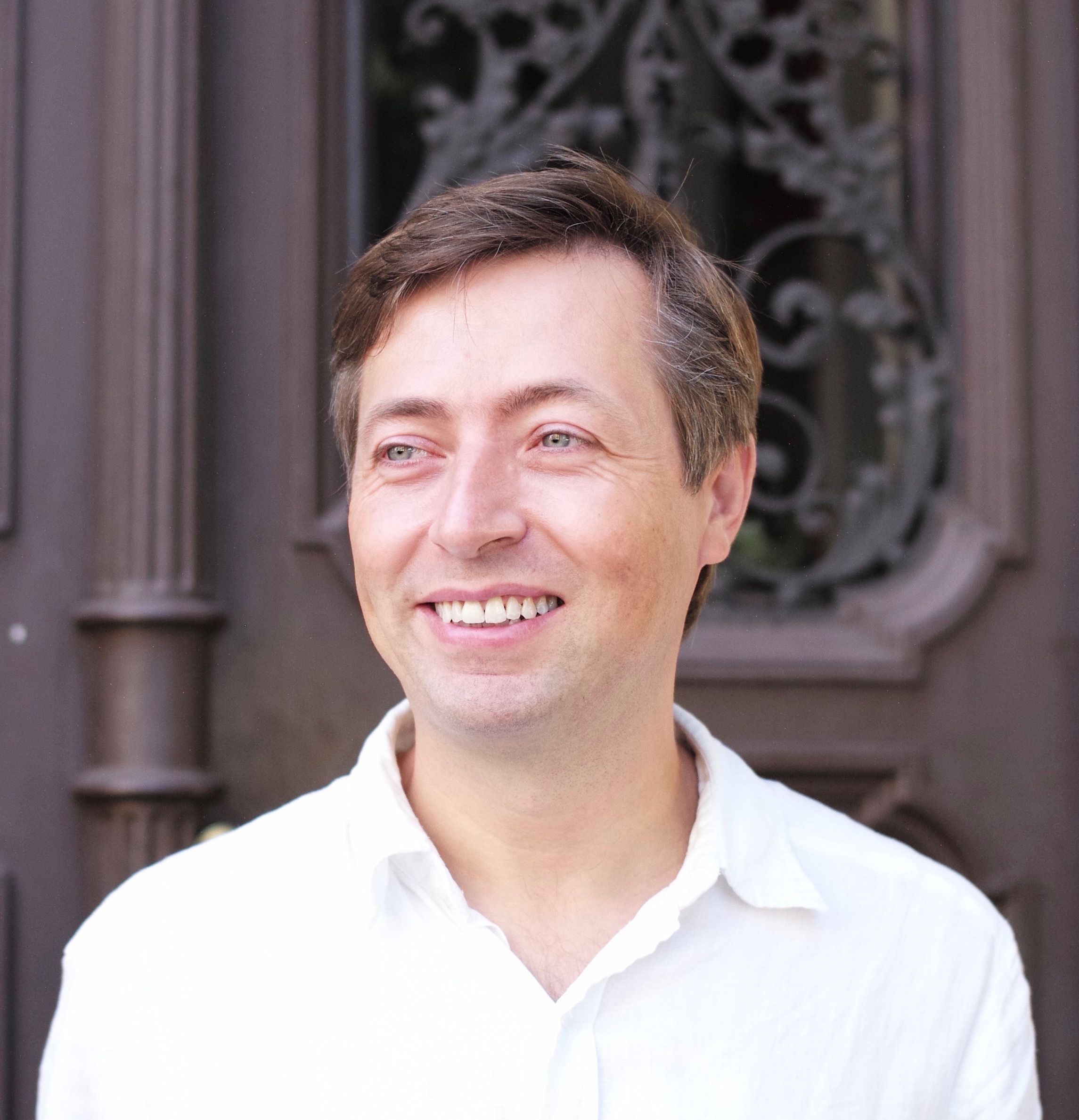Marek Kapička
Marek Kapička
|
Marek Kapička comes from Prague, and he graduated from the IES’s Finance and Banking program in 1998. He continued with graduate studies at the University of Chicago in USA, where in 2003 he earned a Ph.D in economics. Afterwards, Marek was an assistant professor at the University of California, Santa Barbara, where, he became associate professor with tenure in 2012. In 2013-2015 and then again since the last year, Marek became an associate professor with tenure at CERGE-EI. In 2013-2015, Marek had also served as the Deputy Director for Research at CERGE-EI. |
ou studied at the IES soon after its foundation in the early 90´s. How do you remember this era? Was there any teacher who influenced you the most, who did set your course in your academic research/ career?
I have a lot of great memories from those times. The Institute was still fresh, and one could still feel a lot of energy, excitement, and informality, something that was not so common back then. We all loved Karel Půlpán’s lectures on economic history, they were always fun and engaging. I was working on my Bachelor thesis under the supervision of Miloslav Vošvrda and on my Master thesis under Michal Mejstřík, and it was the first time I tried to write down economic models on my own. But what really set my course for the future were lectures by Radim Boháček, who visited IES when he was doing his graduate studies at the University of Chicago under Bob Lucas. It was the first time I could see how modern macroeconomics look like. In a few years, I was at the University of Chicago myself, with Lucas in my dissertation committee!
You worked as an university professor in the USA and now at CERGE-EI. Do you recognize some differences in the behaviour and working of students, is there any difference when teaching here or abroad? Is there something in which the Czech students could be inspired by their foreign colleagues?
I have to admit that my experience with teaching Czech students is quite limited, because CERGE-EI gets very few of them, for reasons that I do not fully understand. But we have a lot of Eastern European students, and so I can compare with them. There is not much of a difference in the abilities in general, but there is a big difference in students’ confidence. In the US, students are more comfortable talking about their research, or research in general, to faculty members, to visitors, or to each other. Or they ask questions if they do not understand something. That leads them to understand the problems they are trying to solve at a much deeper level, and gives them a more general perspective. In the US, students also understand a little better that getting a Ph.D. is a full time job if one wants to do it right, and is incompatible with outside jobs or other extensive activities.
What is currently the major topic of your research? Can you describe it a little?
I work on issues related to optimal taxation. A lot of my research tries to incorporate dynamic elements into the analysis, to think about how optimal tax policies should respond to things like accumulation of human capital, or learning. The research shows that, in general, it would be beneficial to have taxes that depend on one’s age or past incomes. One of the questions to be robustly answered is, how exactly would these tax policies look like, and what would be the gains for the society.
You lived in the USA since 2003, you were appointed an Associate Professor with tenure in California, what led you to come back to the Czech Republic? Wasn´t it a kind of culture shock for you? Is there anything in Prague what you really miss?
We have lived in the United States for a fairly long time, which made the decision whether to return quite difficult. After such a long time abroad, you don’t really feel fully at home in either place. But there was a lot of attractive things in Prague that were important, including proximity to our family, or a great set of young colleagues at CERGE-EI. There is a lot of things that we miss though, including positive attitude and optimism that is so contagious in California.
How do you relax, is there anything which enables you to clear your head completely.
I like to go for a run in the morning if I am not too lazy (which I often am). Running always improves my mood and helps me relax. Also, Kindle is my favorite companion when commuting or travelling, but also when falling asleep in the evening.








